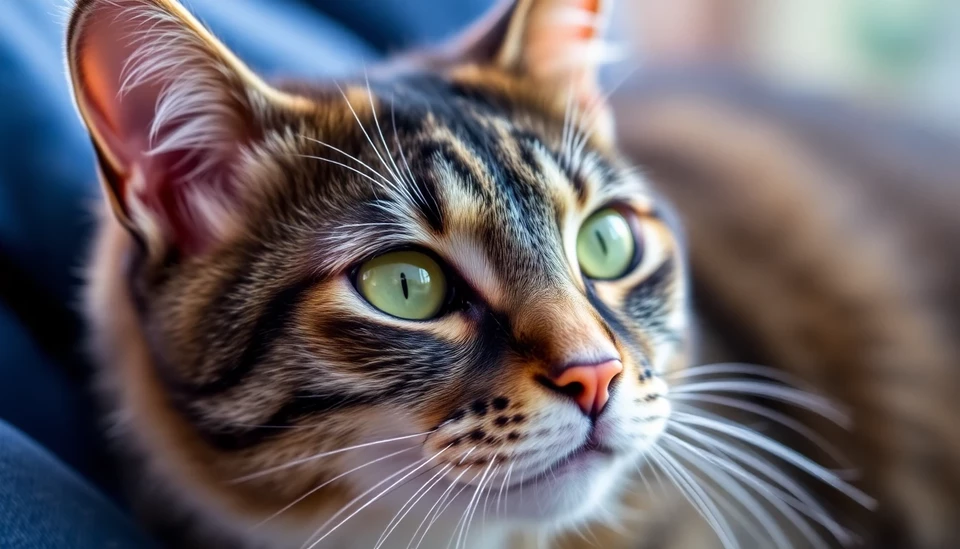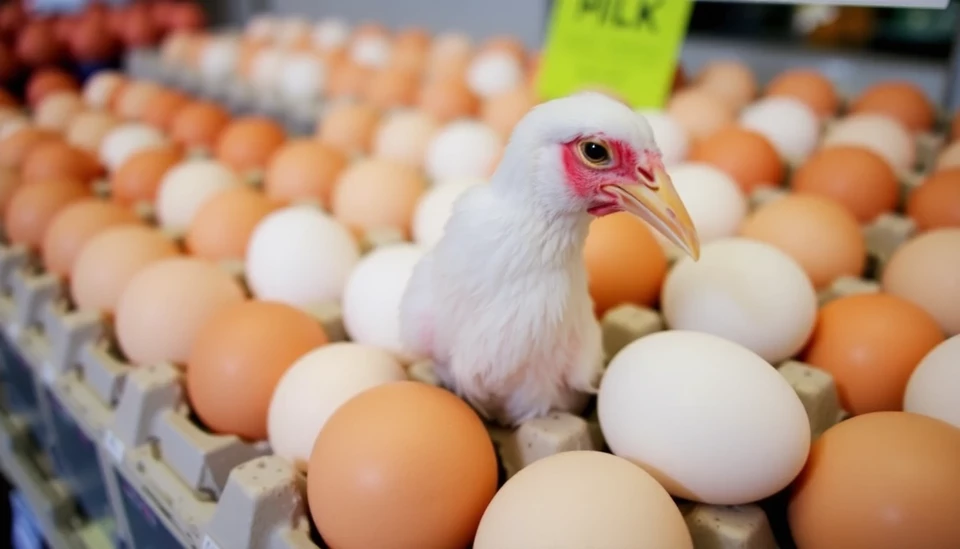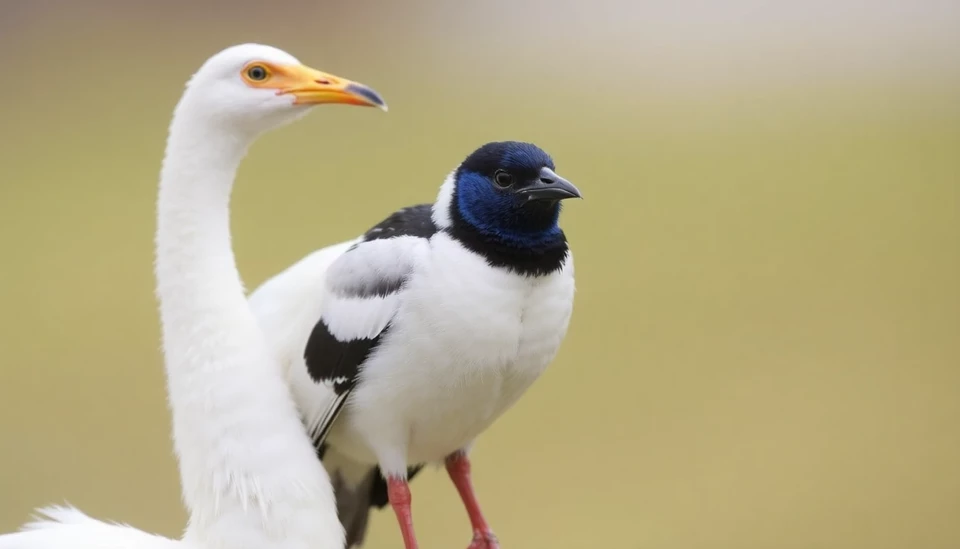
In a concerning development for pet owners in New Jersey, a domestic cat succumbed to bird flu, raising alarms about the potential spread of this deadly disease beyond its usual hosts. This incident comes amidst a broader issue of avian influenza affecting various species of birds across the United States, prompting health officials to issue warnings regarding the risks posed to both wildlife and domestic animals.
The cat, which was confirmed to have contracted the H5N1 strain of the virus, reportedly came from an area where a significant avian outbreak was previously documented. This incident marks a rare but troubling example of the virus jumping from birds to mammals, highlighting the evolving nature of the disease and the potential dangers it poses.
Experts are emphasizing the importance of vigilance among pet owners, particularly those who allow their cats to roam outdoors, as the risks of exposure to infected wildlife are heightened. "While cases of bird flu in cats are rare, this incident serves as a reminder that the virus can cross species lines," noted a spokesperson from the New Jersey Division of Fish and Wildlife. They further stressed the need for pet owners to keep their animals indoors and away from wild birds whenever possible.
Following the cat's death, local health and veterinary officials are urging pet owners to monitor their animals for any unusual symptoms, such as respiratory distress or other signs of illness. If any of these symptoms are observed, pet owners are encouraged to seek veterinary care immediately.
This incident serves as a stark reminder of the interconnectedness of animal health and public health. As bird flu continues its spread in various avian populations, pets, livestock, and even humans could be affected if adequate preventive measures are not taken. Authorities are closely monitoring the situation, and updates are expected as further investigations are conducted.
As the world grapples with multifaceted health challenges, this particular case underscores the necessity of remaining aware of zoonotic diseases—that is, diseases that can be transmitted from animals to humans. Public health officials are continuing to assess the situation to ensure both wildlife and domestic animal health.
Pet owners are advised to stay updated on the latest health advisories and guidance from local wildlife and health departments, particularly in the face of emerging threats like bird flu. Enhanced awareness and proactive measures can play a crucial role in protecting both pets and their humans from potential health risks.
In conclusion, as this cat's unfortunate demise illustrates, the implications of bird flu extend beyond avian populations and serve as a critical warning for animal health management practices. As investigations continue, healthcare and veterinary professionals remain poised to respond effectively to any similar occurrences in the future.
#BirdFlu #NewJersey #PetHealth #ZoonoticDiseases #AnimalHealth #VeterinaryCare
Author: John Harris




